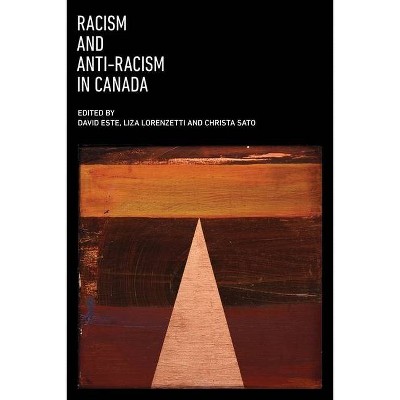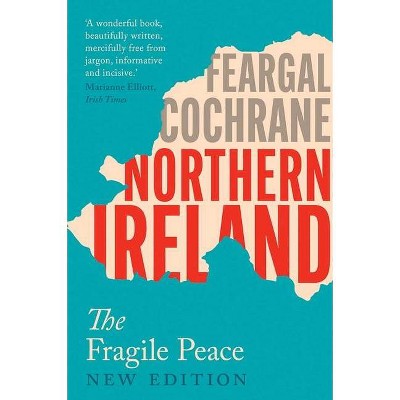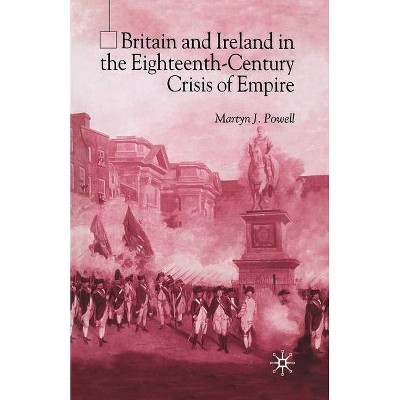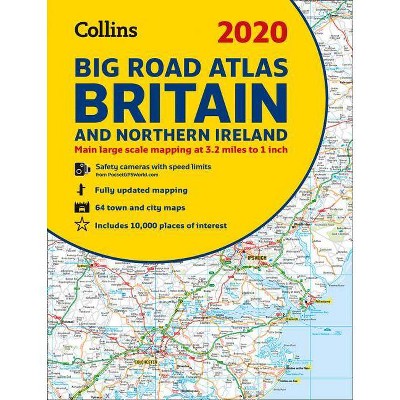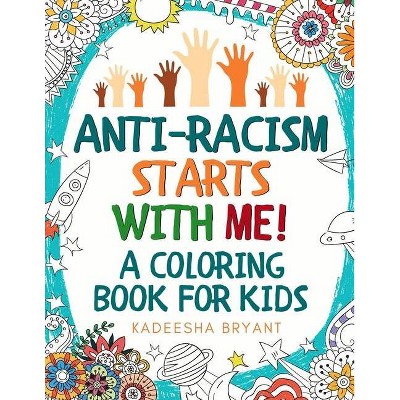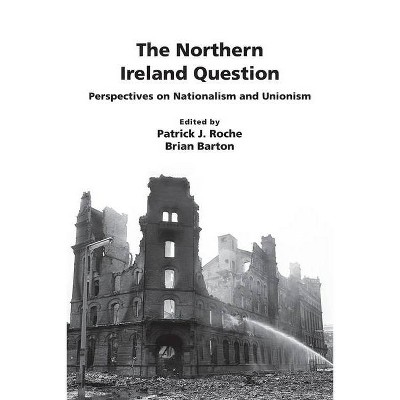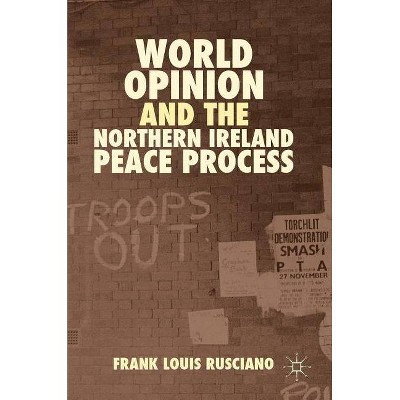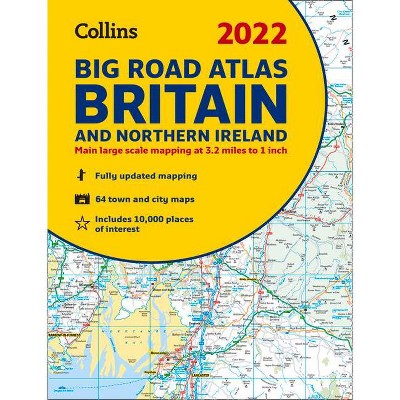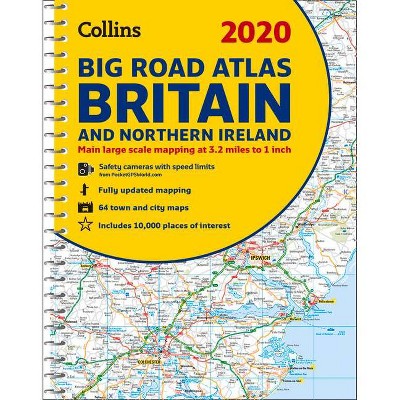Northern Ireland and the Crisis of Anti-Racism - by Chris Gilligan (Paperback)
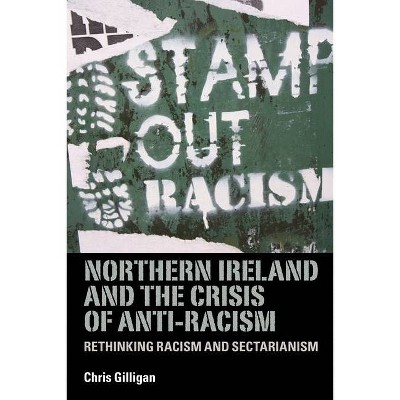
Similar Products
Products of same category from the store
AllProduct info
<p/><br></br><p><b> About the Book </b></p></br></br><i>Racism and sectarianism</i> makes a sustained critique of official anti-racism, using the case of Northern Ireland to do so. Many of the prominent themes in the UK today have been central to discussions in Northern Ireland for decades. The book sketches out some elements of an emancipatory anti-racism as an alternative.<p/><br></br><p><b> Book Synopsis </b></p></br></br>Racism and sectarianism makes an important contribution to the discussion on the 'crisis of anti-racism' in the United Kingdom. The book looks at two phenomena that are rarely examined together - racism and sectarianism. The author argues that thinking critically about sectarianism and other<br>racisms in Northern Ireland helps to clear up some confusions regarding 'race' and ethnicity. Many of the prominent themes in debates on racism and anti-racism in the UK today - the role of religion, racism and 'terrorism', community cohesion - were central to discussions on sectarianism in Northern<br>Ireland during the conflict and peace process. The book provides a sustained critique of the Race Relations paradigm that dominates official anti-racism and sketches out some elements of an emancipatory anti-racism.<br><p/><br></br><p><b> From the Back Cover </b></p></br></br>This book makes an important contribution to the discussion on the 'crisis of anti-racism' in the United Kingdom. It looks at two phenomena that are rarely examined together - racism and sectarianism. Gilligan argues that thinking critically about sectarianism and other racisms in Northern Ireland helps to clear up some confusions regarding 'race' and ethnicity. Many of the prominent themes in debates on racism and anti-racism in the UK today - including the role of religion, community cohesion, racism and 'terrorism' - were central to discussions on sectarianism in Northern Ireland during the conflict and peace process. The book provides a sustained critique of the Race Relations paradigm that dominates official anti-racism and sketches out some elements of an emancipatory anti-racism. Although focused on Northern Ireland the book is wide-ranging in scope. It examines the development of official anti-racism from its origins in the USA at the end of the First World War, through its internationalisation via the United Nations at the end of the Second World War, and its incorporation into Race Relations policy in the UK (and Community Relations policy in Northern Ireland) since the 1960s.<p/><br></br><p><b> Review Quotes </b></p></br></br><br>'Chris Gilligan has taken up the brave challenge of renewing the emancipatory potential of anti-racism as we would have seen it in the 1970s. For too long it has been covered by the dull blanket of conformist "official" anti-racism which has badly let down ethnic minority populations. He does something practically unique, bringing Northern Ireland's sectarianism debates into the new race critical debates. A must read for students and activists alike.' Rolando Munck, Dublin City University, author of <i>Marx 2020: After the crisis</i> 'This is a book of superb quality, and immeasurable, timely importance. Sectarianism and racism, Gilligan argues, prevent humanity from being fully human. With this book, Gilligan makes a powerful contribution not only to scholarship, but towards the battle against prejudice itself.' Katie Hayward, Queen's University Belfast, author of <i>Irish nationalism and European integration</i> 'One of Chris Gilligan's main targets is the simplistic and almost Manichean distinction between "good" anti-racism and "evil" racism. In pursuit of analysing the interplay between the two forces he adds to the complexity by looking at the supposed unique case of Northern Ireland. Here a traditional and seemingly archaic phenomenon of sectarianism has been joined by a supposedly recent discovery of racism in the midst of a peace process. The happy coexistence of sectarianism and racism in the "new" Northern Ireland allows for an intriguing and informative insight into how racism and anti-racism relate to each other in contemporary society.' Bill Rolston, Emeritus Professor Ulster University, former director of the Transitional Justice Institute, Northern Ireland, author of <i>How racism came to Ireland</i> This is a thoughtful and challenging study of the role of race and race politics in the modern state, offering support (although I'm not sure the author would see it this way) for the view that it is necessary to go beyond "antiracism," which represents political emancipation, to the abolition of race and private property itself, which would represent human emancipation. Noel Ignatiev, Massachusetts College of Art and Design, author of <i>How the Irish Became White</i><br><p/><br></br><p><b> About the Author </b></p></br></br><br>Chris Gilligan is a founding member of Open Borders Scotland. He has lectured at a number of universities in the UK, including Aston University; Edinburgh University; Salford University, the University of Ulster and the University of the West of Scotland<br>
Price History
Price Archive shows prices from various stores, lets you see history and find the cheapest. There is no actual sale on the website. For all support, inquiry and suggestion messages communication@pricearchive.us
